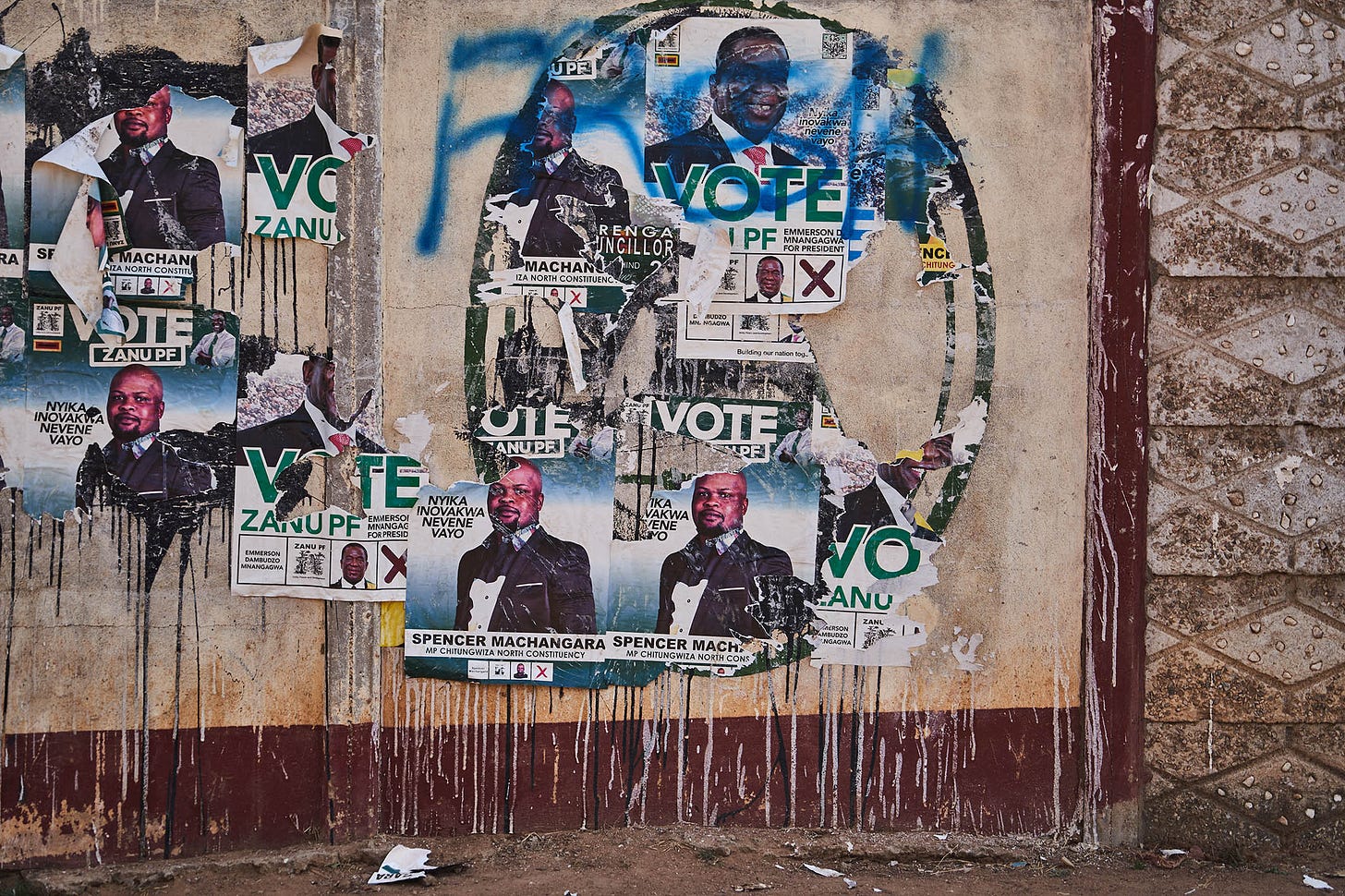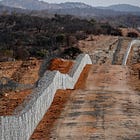Zimbabwe: The not-so-secret ploy for presidential perpetuity
President Emmerson Mnangagwa is working with ‘opposition’ leaders to extend his time in office.
Clemence Manyukwe

In a development that will send shockwaves throughout the country, it has emerged that Zanu-PF has hatched a plan to ensure that President Emmerson Mnangagwa is not forced to step down when he completes his second term in 2028. Instead, the ruling party is set to do a backroom deal with leaders from within the Citizen’s Coalition for Change (CCC) party to form a “unity government” and delay the parliamentary and presidential elections. This would in effect extend the term of all sitting politicians.
Mnangagwa, who has failed to deliver on his early promises of change, would remain in power without explicitly stating that he wishes to break the Constitution for a third term in office. Postponing legislative elections will allow all sitting MPs to retain their positions, and defer costly electoral fights. This will be particularly attractive to those CCC leaders who have taken over the party by stealth and are accused of being government pawns.
Sources close to the talks say that Mnangagwa is also hoping that an inclusive government would bolster his flagging legitimacy. A unity government would extend Zanu-PF’s patronage and influence to its allies within CCC, and potentially win over some opposition legislators who continue to oppose the government. This would be critical given that any proposal to enable Mnangagwa to remain in power will result in further divisions within the opposition, and a popular outcry.
The process may be led by CCC’s self-appointed secretary general Sengezo Tshabangu. Since his emergence from obscurity, Tshabangu has played a key role in undermining opposition unity and momentum, “recalling” many elected CCC leaders and then allowing Zanu-PF to win the resulting by-elections, despite the protestations of the CCC’s then-leader Nelson Chamisa and his allies.
In particular, Tshabangu appears keen to see the formation of a unity government that would create jobs for himself and his allies.
Since Chamisa quit the CCC earlier this year, the influence of Tshabangu – now a senator himself – has expanded, and he has made it clear that he intends to lead negotiations with the government. In particular, Tshabangu appears keen to see the formation of a unity government that would create jobs for himself and his allies. Tshabangu’s position is unsurprising, given that many Zimbabweans believe he is a government plant.
But it also seems to be the position of other opposition stalwarts such as Welshman Ncube, who is currently the acting CCC president. In recent interviews Ncube has made it clear that he would be open to the idea of a unity government, and that nothing is off the table in terms of negotiations with Zanu-PF.
Ironically, the greatest challenge to Mnangagwa’s plans may come from his rivals within Zanu-PF. If the man known as “The Crocodile” extends his stay in State House indefinitely, it will thwart the presidential ambitions of others, such as Mnangagwa’s deputy and former army general, Constantine Chiwenga. In March Mnangagwa’s biographer, Eddie Cross, stated that Chiwenga knew that he was never going to be president “even for five minutes”.
Chiwenga may still want to see power rotating, however, as may others in Zanu-PF and the army who have been disappointed by Mnangagwa’s leadership. Given the CCC’s compromised state, they may just represent the best hope for preserving the country’s multiparty system.




